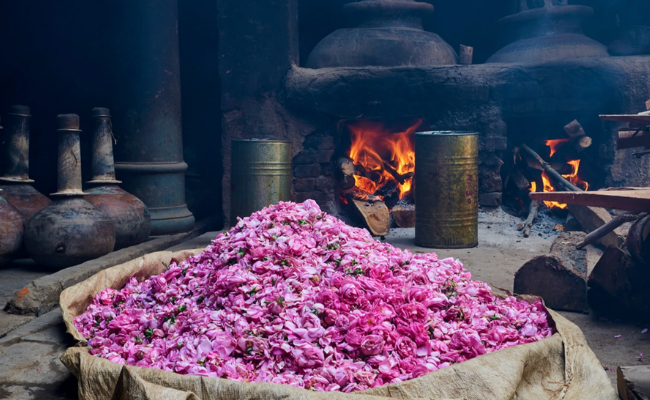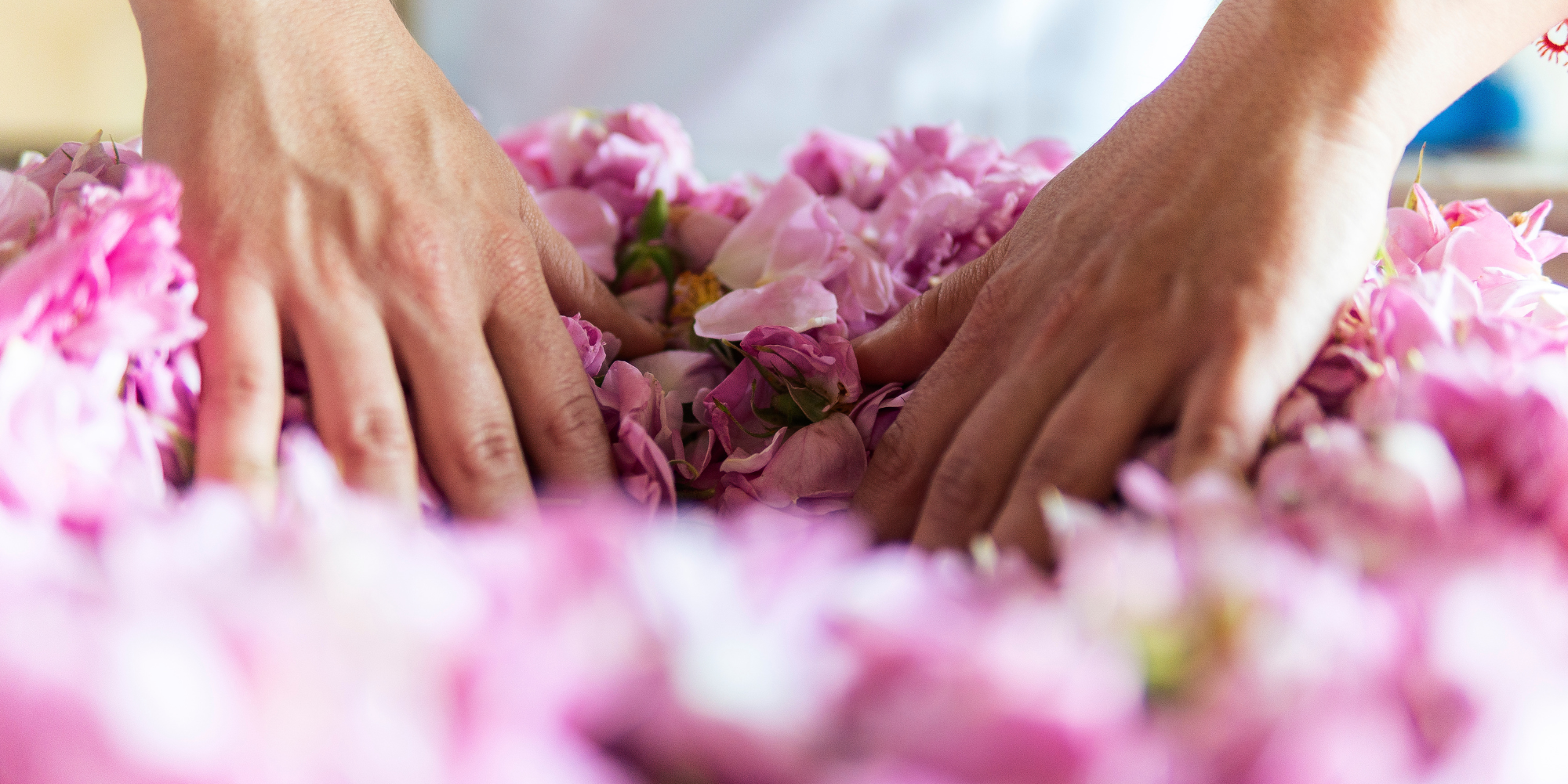
The Magnificient Oudh
One of the most valuable trees in the world – ‘Agarwood’ is at its best, when a bug has infected most parts of its trunk and roots

The Assam Valley, with its undulating rich terrain is fed by the mighty Brahmaputra. The rivulets, lush green forests, grassland and fertile soil, all contribute to making Assam the golden tea basket of India and the mighty producer of Oudh – one of the most expensive essential oils in the world.
Agarwood, also known as oudh, is a dark resinous heartwood that forms in Agar trees when they become infected with a type of mould. Prior to infection, the heartwood is odourless, relatively light and pale coloured; however, as the infection progresses, the tree produces a dark aromatic resin in response to the attack, which results in a very dense, dark, resin embedded heartwood. The resin embedded wood is commonly called gaharu, jinko, aloeswood, agarwood, or oudh (not to be confused with bukhoor) and is valued in many cultures for its distinctive fragrance, and thus is used for incense and perfumes.

Agarwood and its essential oil gained great cultural and religious significance in ancient civilizations around the world, being mentioned throughout one of the world's oldest written texts – the Sanskrit Vedas from India.

The odour of agarwood is complex and pleasing, with few or no similar natural analogues. In the perfume state, the scent is mainly distinguished by a combination of "oriental-woody" and "very soft fruity-floral" notes. The incense smoke is also characterized by a "sweet-balsamic" note and "shades of vanilla and musk" and amber
Agar wood is used for distilling Oudh oil. But there's more to it than just boiling heaps of wood. Lets talk about the factors that govern the quality of Oudh Oil
- The quality of the Agar wood chips used for distillation
The wood is chopped up into small pieces for distillation. The more infected the wood is, the more abundant is the oleoresin in the wood that can be distilled. The age of the tree, or more specifically the age of the infection in the tree, also reflects in the on the final Oudh oil.

- The time it is soaked in water
The wood is next soaked in barrels of water for some time to make it easier for the oil to come out when heated. However, Soaked for too short a period of time, the oil might not be as easy to extract from the wood. Soaked for too long, the oil will smell rotten and fecal. Expert distillers have fine-tuned this technique, and have deciphered how long a certain wood should be soaked.

- Cooking at the right temperature/Pressure
The wood is placed in large stills and has to be cooked at just the right temperature/pressure. Using the traditional Indian hydro-distillation method, the wood is cooked for several days. The best quality oil comes out first, usually in the first 1-3 days of cooking. This is often referred to as the 'first distillation'. After this, the wood is cooked further and the second grade of Oudh is extracted.
Since hydro-distillation is more time and resource consuming, some distillers prefer to use steam distillation. Steam distillation entails cooking the oil under gauged pressure using steam instead of boiling water. Oil can be extracted using this technique in as little as one day.

After the oil has been distilled, it is filtered, cured, and aged for a while. The better the oil has been aged, the better it will smell.








4 comments
A very nice explanation and very right information. thank you
thank you
iktaaromatics
Just saw you on Shark Tank India.
I am from Lucknow and now your FAN!!!
Hatts off to you gal. All the best!!!
Azmi
Saw you on Shark Tank and was a fan of your determination and persistence right away!
Me too being a Teapreneaur and carrying the legacy of my family…connected with you in an instant!
So proud of you and the way you have built these beautiful blogs, site and ofcourse your business.
Would be ordering the Attar soon and wish you all very best!!
Arpita
Very Good WORK !
BAMDEV G.C.
Leave a comment
This site is protected by hCaptcha and the hCaptcha Privacy Policy and Terms of Service apply.